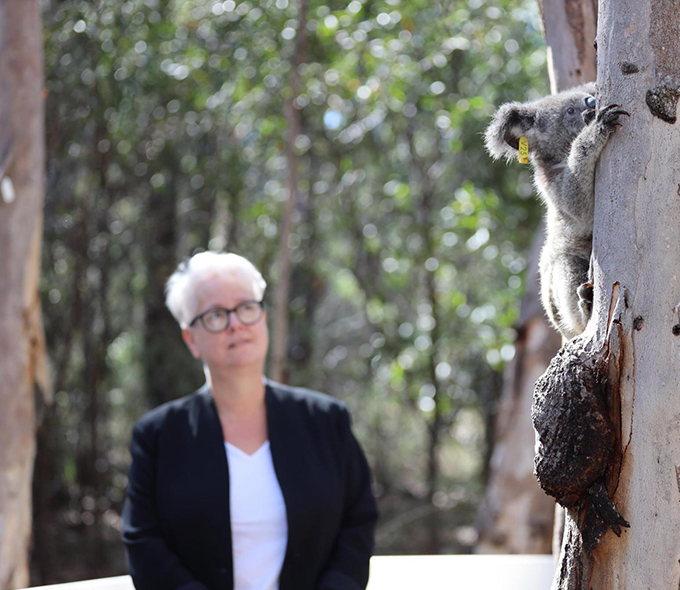Sexual harassment in higher education workplaces has jumped more than 52%, according to the shocking results of a new staff survey.
The National Tertiary Education Union (NTEU) has today released the preliminary findings of its 2023 survey on sexual harassment, sexism, and gender-based bias in higher education.
More than 2000 people participated in the research, which is the second NTEU national survey on the issue after the first in 2018.
Almost one in three (29%) respondents reported personal experiences of sexual harassment, up from 19% in 2018 – a rise of almost 53%.
“The results of this survey are alarming and deeply disappointing. The higher education sector has clearly not made progress since our 2018 survey,” NTEU National President Dr Alison Barnes said.
“Higher education staff are being subjected to shocking levels of harassment and discrimination.”
The key findings from the survey include:
A rise in personal experiences of sexual harassment from 19% in 2018 to 29% in 2023.
Women continue to bear the brunt, with 38% reporting personal experiences of harassment
Some 50% of respondents were aware of others who have been sexually harassed in their workplaces, compared with 36% in the last survey
A majority of perpetrators were co-workers (41%), followed by managers (34%) and students (29%)
Only 13% of those experiencing harassment made a formal complaint, with 46% not complaining at all
A concerning 52% were encouraged to drop their complaints, and 44% faced negative consequences from their employers.
“When over a quarter of respondents experience sexual harassment, and half of them are aware of others being harassed, it’s clear that this isn’t just an isolated issue; it’s a systemic failure,” Dr Barnes said.
“Respondents to our survey have said while they know there are sexual harassment policies in place in their workplaces, most don’t report sexual harassment because of institutional cultures that ignore, minimise or even target victims of sexual harassment.
“That, combined with rampant insecure work, gender inequity and bias, has made universities unsafe workplaces for far too many people.
“As a result, perpetrators freely continue to commit acts of sexual harassment and sexual assault.
“The evidence shows a dire need for change. It’s outrageous that so many of these survey results are actually worse than they were five years ago.
“Sexual harassment is a clear psychosocial risk. It must be treated as a work health and safety issue and employers must meet their legal obligations to ensure safety for their staff and students.”
The NTEU is calling for all higher education employers to adopt a proactive approach that includes an effective complaint process that is victim-centric.
The Union is also calling for regulatory changes that include transparent reporting of sexual harassment and assault by universities and other tertiary education providers annually.








